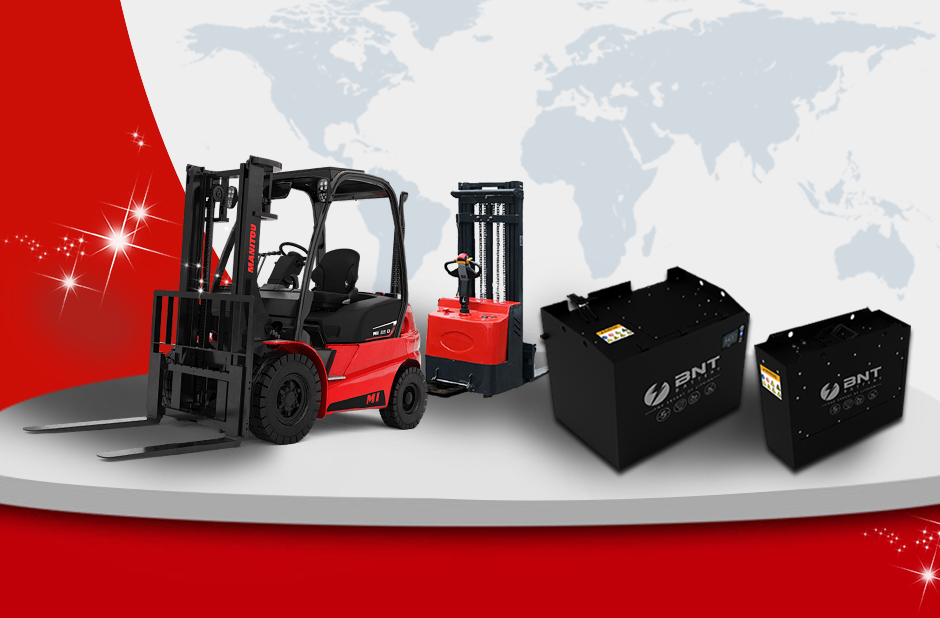As the material handling industry continues to evolve, the demand for efficient, sustainable, and technologically advanced solutions is on the rise. Electric forklifts have become increasingly popular due to their environmental benefits and operational efficiency. A critical component of these electric forklifts is their battery systems. As we look toward 2025, several key trends are emerging in the realm of electric forklift batteries that are set to shape the future of material handling.
1. Advancements in Battery Technology
The development of battery technology is at the forefront of the electric forklift revolution. Lithium-ion batteries are becoming the standard due to their higher energy density, longer lifespan, and faster charging capabilities compared to traditional lead-acid batteries.
Fast Charging Solutions: Innovations in charging technology will allow for rapid charging of electric forklift batteries, minimizing downtime and increasing productivity. Companies will likely invest in infrastructure that supports quick charging, enabling forklifts to be operational for longer periods.
2. Increased Focus on Sustainability
Sustainability is a growing concern across all industries, and the material handling sector is no exception. As companies strive to reduce their carbon footprint, electric forklifts powered by eco-friendly batteries will become more prevalent. By 2025, we can expect:
Recyclable and Sustainable Materials: Battery manufacturers will focus on using recyclable materials in their products, reducing waste and promoting a circular economy. This trend will align with global sustainability goals and regulations.
Second-Life Applications: As electric forklift batteries reach the end of their operational life, there will be a growing trend toward repurposing these batteries for secondary applications, such as energy storage systems for renewable energy sources.
3. Integration of Smart Technologies
The integration of smart technologies into electric forklift batteries will enhance their performance and usability. By 2025, we can anticipate:
Battery Management Systems (BMS): Advanced BMS will provide real-time monitoring of battery health, charge cycles, and performance metrics. This data will help operators optimize battery usage and extend lifespan.
IoT Connectivity: The Internet of Things (IoT) will play a significant role in battery management. Forklifts equipped with IoT sensors will allow for remote monitoring and predictive maintenance, reducing the risk of unexpected failures and downtime.
4. Customization and Modular Solutions
As businesses in the material handling industry become more specialized, the demand for customized solutions will grow. By 2025, we can expect:
Modular Battery Systems: Companies will increasingly adopt modular battery designs that allow for easy upgrades and replacements. This flexibility will enable businesses to tailor their electric forklifts to specific operational needs.
Customized Energy Solutions: Different industries have varying energy requirements. Battery manufacturers will offer customized energy solutions that cater to the unique demands of specific sectors, enhancing efficiency and performance.
The trends in electric forklift battery technology are set to transform the material handling industry by 2025.
Post time: Feb-20-2025

